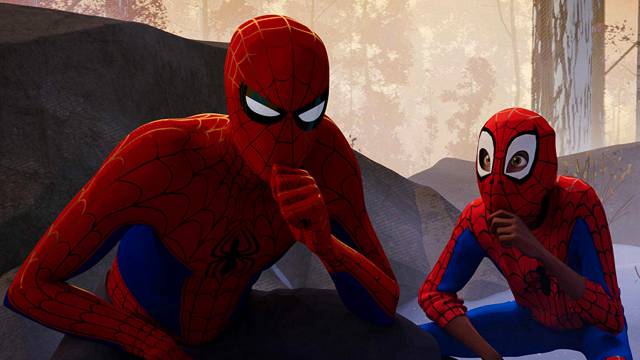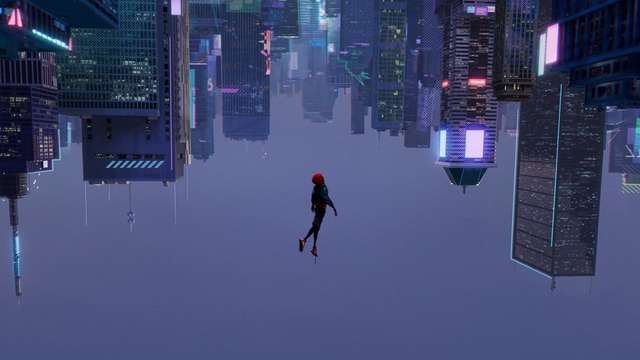
(WARNING: This article contains spoilers for Spider-Man: Into the Spider-Verse. Don’t say you weren’t warned!)
In many ways, 2018 was the year that legitimized superhero movies. Last year’s crop of comic book films proved that the genre has staying power, both in terms of box office and critical appeal. In the past decade, some observers have dismissed superhero and comic book movies as a fad that was destined to fade away like westerns. But that’s not going to happen, at least in the foreseeable future.
Out of all 2018’s superhero films, Spider-Man: Into the Spider-Verse was the most significant. Aside from our glowing review of the movie – which you can find here – it also managed to top our list of 2018’s best movies. Years from now, Into the Spider-Verse will be remembered as the movie that defined a new generation of Spider-Man fans. It also reinvigorates both Peter Parker and Miles Morales, the two primary Spider-Men of the story. We truly believe that Spider-Man: Into the Spider-Verse was the most important superhero movie of 2018. Now it’s time to explain why.
Groundbreaking Animation
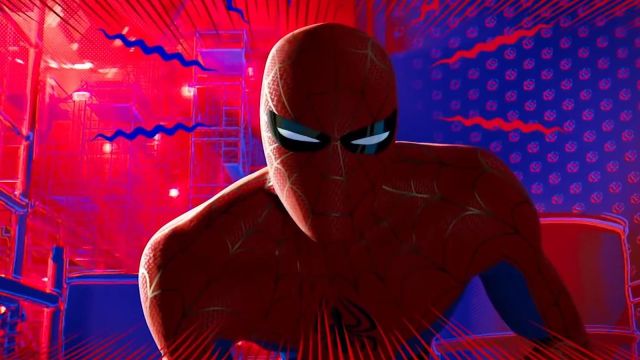
This wasn’t a typical animated superhero movie. Using a blend of traditional animation techniques combined with modern 3D animation, the filmmakers managed to develop a unique animation style. The film also features techniques used by comic book artists such as line work, hand painting, and dot work. These methods focus the viewer’s attention on the specific elements of any given frame, which created an unparalleled comic style. Although the filmmakers wanted the movie to feel like a “living painting,” what’s truly impressive is the way the animation was utilized to further the narrative. Technological innovations are fascinating, but Into the Spider-Verse‘s groundbreaking visuals ultimately serve both the story and the characters.
The Legacy of Spider-Man
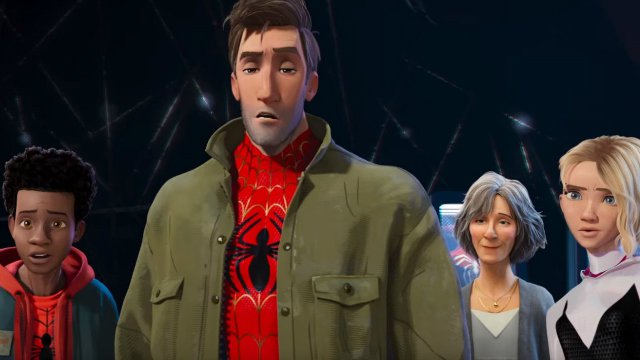
It should be clear early in the film that Into the Spider-Verse isn’t a traditional Spider-Man story. The movie assumes that everyone has seen enough of Peter Parker to know his origin story. Peter’s death in the first act signals a passing of the baton to the new characters, while also moving Spider-Man’s legacy forward in thematically interesting and diverse ways.
The idea of making Miles Morales the main character – while also giving an older Peter Parker a new role as Miles’ mentor – feels like a natural progression for both characters. Moreover, the introduction of the aforementioned older Peter also explores new territory. He’s a middle-aged Spider-Man who lost his way and his family. But the end of the film leaves us with hope that even this version of Peter Parker has a shot at happiness after so many years of loss and tragedy.
A Multiverse of Possibilities
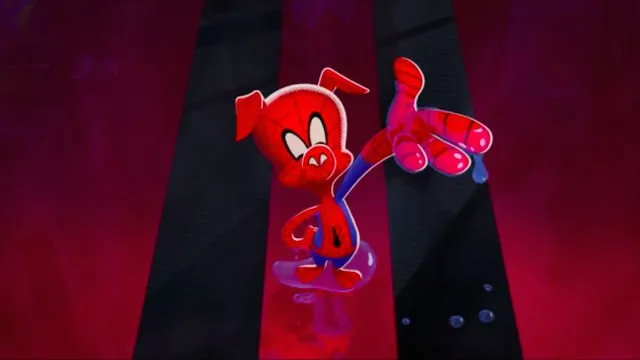
Before Into the Spider-Verse, the idea of successfully presenting the multiverse in a coherent and understandable way was seemingly elusive. The concept of a multiverse is nothing new for comic book fans. But prior to this film, casual superhero movie fans had yet to experience a clean and concise representation of this idea. The screenplay for Into The Spider Verse manages to find a neat pathway for executing its ideas. The Kingpin’s primary plot revolved around finding alternate worlds where his family survived, and many of those worlds had a Spider-Man or a Spider-Woman of their own.
There have been a few haphazard attempts at explaining the multiverse on film. However, Into the Spider-Verse has finally cracked the code on how to successfully pull it off. That not only opens up the possibilities for the inevitable sequels, but also for other franchises to explore multiverses of their own.
Spider-Man Lore
Between Into the Spider-Verse, Spider-Man PS4, Avengers: Infinity War, and the Spider-Geddon comic crossover event, 2018 was a great year for Spider-Man. Into the Spider Verse epitomized the unrealized potential for both Spidey and the Spider-Verse canon as a whole. The film treats Spider-Man lore with a sense of reverence and affection. And the filmmakers clearly approached it with a passion for all things Spider-Man.
Into the Spider-Verse also manages to acknowledge just about every corner of Spider-Man’s influence in popular culture. Perhaps the best example of this is the post credits scene, which features Oscar Isaac’s Miguel O’Hara (a.k.a. Spider-Man 2099). His appearance leads to a joke that acknowledges both the classic 60’s cartoon and a popular Spider-Man meme. That teaser also lays the groundwork for even more connectivity between the various incarnations of Spider-Man.
Anyone Can Be Spider-Man
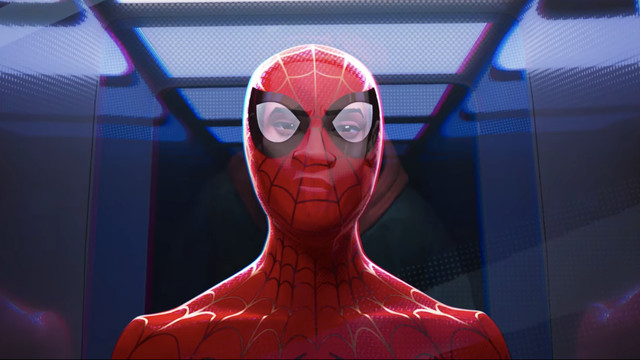
Into the Spider-Verse is driven by its strong thematic core and characterization. It’s universal in both its understanding as well as its appeal. The notion that anyone can wear the mask is a very powerful one. Into the Spider-Verse also intertwines the respective journeys of Miles, Peter, and Gwen in a way that informs all of their individual and equally dynamic character arcs.
The film embraces the idea that anyone can be Spider-Man. It also demonstrates that the various spider-people weren’t born to be heroes. Instead, they made the choice to become heroes. That sends a wonderful message to audiences about fulfilling the best parts of ourselves as human beings. It also comes at a time where that message is badly needed. We live in an uncertain world. And we’re always going to need everyday heroes to step up if things are ever going to change. If this movie inspires anyone to embrace that part of themselves then it’s impact could be even more widely felt.
How do you feel about Into the Spider-Verse as one of the most important superhero movies of 2018? Let us know in the comment section below!
